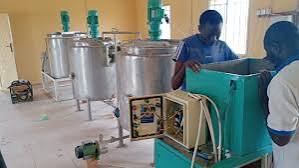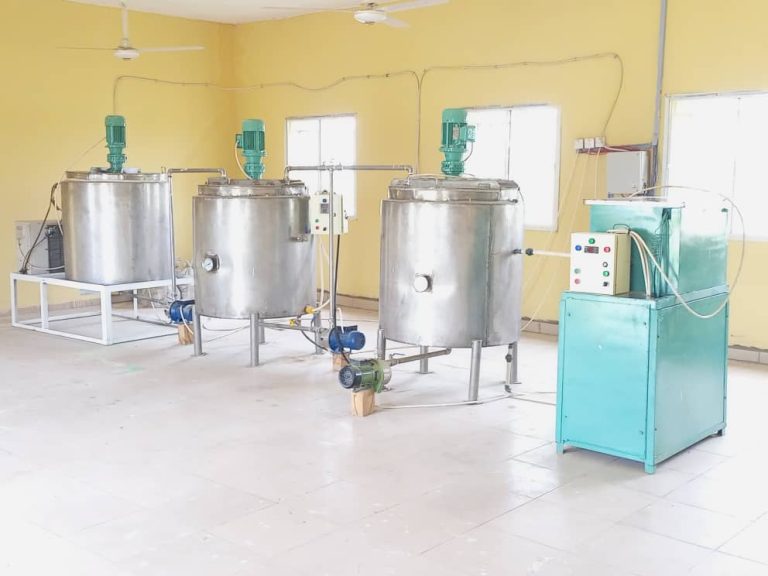
Iliyasu Abdullahi Bah
In a significant move to revitalize Nigeria’s northeast dairy sector, the Federal Government has launched a state-of-the-art milk collection center in Sawi Grazing Reserve in Adamami community of Shira Local Government Area of Bauchi State.
As part of its National Livestock Transformation Plan, the Ministry’s Director of Livestock Development, Mr. Tagwi James, said this strategic infrastructure development aims to address critical gaps in the country’s dairy value chain and reduce dependence on imported milk products.
The newly constructed center will serve as a hub for hygienic milk aggregation from local pastoralists, equipped with temperature-controlled storage and quality testing laboratories.

Malam Babagana Kaka, a local dairy stakeholder, praised the new milk collection center, stating: “This is a visionary project that will add real value to our milk production. With Nigeria now positioned to potentially export dairy products, this initiative will bring much-needed foreign exchange and boost the Northeast’s economic revival.”
For small-scale producers like Hassana Buba, a Fulani woman who sells fura de nunu, the center promises transformative benefits: “This changes everything for us. Not only will we get better prices, but the processing standards will elevate our product’s quality. We will now properly separate pure milk from man shanu (cow butter oil), creating two income streams from what we previously undervalued. The job creation potential alone excites me—from milk handling to processing, many hands will be needed, eliminating our past struggles.”
Alhaji Modu, owner of Modu Integrated Farm in Dambam, highlighted the center’s impact on product preservation: “Finally, we have a reliable, standardized market for our milk. Before, wholesalers constantly rejected our products due to spoilage from poor storage. This facility solves our biggest challenge.”
Musa Sule welcomed the hygiene improvements: “As buyers, we have long risked consuming unhygienic milk from improperly washed containers. This center guarantees safe, quality-controlled dairy products for families while revitalizing our insurgency-affected region.”
The comprehensive training program for Fulani herders covers modern cattle breeding, hygienic milk handling, and cooperative management—critical skills to maximize the initiative’s success. As the Northeast embraces this agricultural transformation, the collective optimism reflects the project’s potential to not only modernize dairy production but also stimulate broader economic recovery in the region.

James noted that the government estimates the center will initially process over 2,000 liters of milk daily, creating jobs and stimulating businesses in packaging, transportation, and marketing.
According to the National Development Plan 2025, the Federal Government anticipates annual dairy generation to rise significantly. The data suggests that the government is focused on achieving economic growth, poverty reduction, and job creation through the implementation of the National Development Plan (NDP) 2021–2025.
The Bauchi facility represents the first of 20 planned milk collection centers across Nigeria’s livestock-producing states. This aligns with the FG’s broader agenda to resolve farmer-herder conflicts through economic inclusion and meet 20% of national milk demand locally by 2025.
